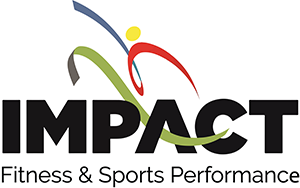Introduction:
When it comes to sports performance training, there is a lot that goes into it. It takes knowledge, experience, and practice to ensure that athletes are getting the most out of their training. Without the right combination of education and experience, athletes could be missing out on important opportunities to reach their fullest potential. In this blog post, we‘ll explore why experience and education are so important for sports performance training, and how to make sure you‘re getting the most out of your training program.
Experience:
Experience is important for an effective strength and conditioning coach because it allows them to understand the needs of their athletes and develop appropriate training programs. Through experience, the coach gains an understanding of what works best for their athletes and how to design and implement effective training programs. I can tell you that while one of my best olympic weightlifting coaches and mentors didn’t have a masters degree, his experience in the field through training athletes made him extremely valuable as a coach, working with youth all the way to NBA athletes. I have seen many coaches that have a Doctorate, but can’t bend over and touch their toes.
Education:
Education is important for an effective strength and conditioning coach because it provides them with the knowledge and understanding of the science behind strength and conditioning. Education also helps the coach understand the techniques and principles of program design, exercise selection, and program progression. By understanding the science behind strength and conditioning, the coach can develop and implement effective training programs for their athletes. Education comes in more forms than earning a masters degree, but pushing yourself to learn on your own as well.
There is a lot of literature out there, but knowing how to use it appropriately is what makes research effective. For example, if you read a research paper about how force production has an effect on power in sports through lower body exercises such as trap bar deadlift, back squat, and barbell RDL, but you don’t know about training age and how to properly progress, or that the saggital plane must be prioritized before the transverse and frontal planes, then that paper is useless. Even though this is mentioned in literature, it is sometimes still ignored. The same goes if you are an athlete and just try to apply what works for you. Every athlete has different individual needs, and they should all be coached differently. Having a good understanding of the research, as well as practical experience, is what will allow athletes to see the best improvement and to optimize their performance.
In conclusion, experience and education are necessary components for sports performance training. Education helps athletes learn the fundamentals and proper technique, while experience helps athletes practice and develop the necessary skills. With the right combination of education and experience, athletes can reach their fullest potential and become the best they can be. By investing in both, athletes can ensure that they are getting the most out of their training program and reach their goals.
